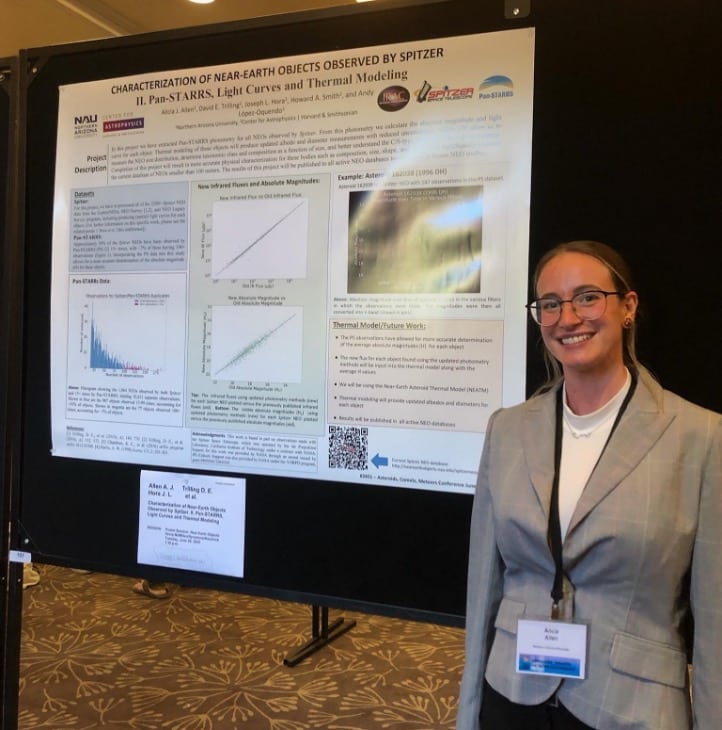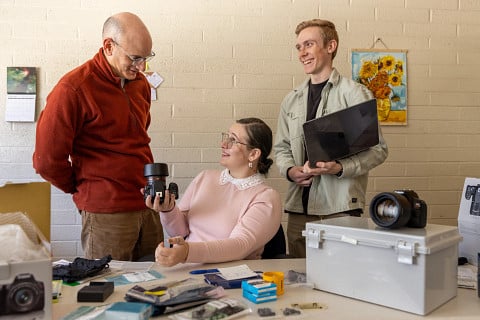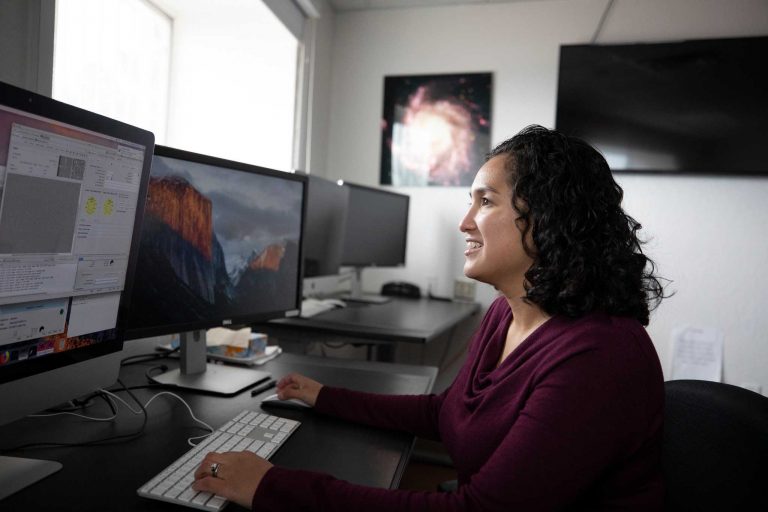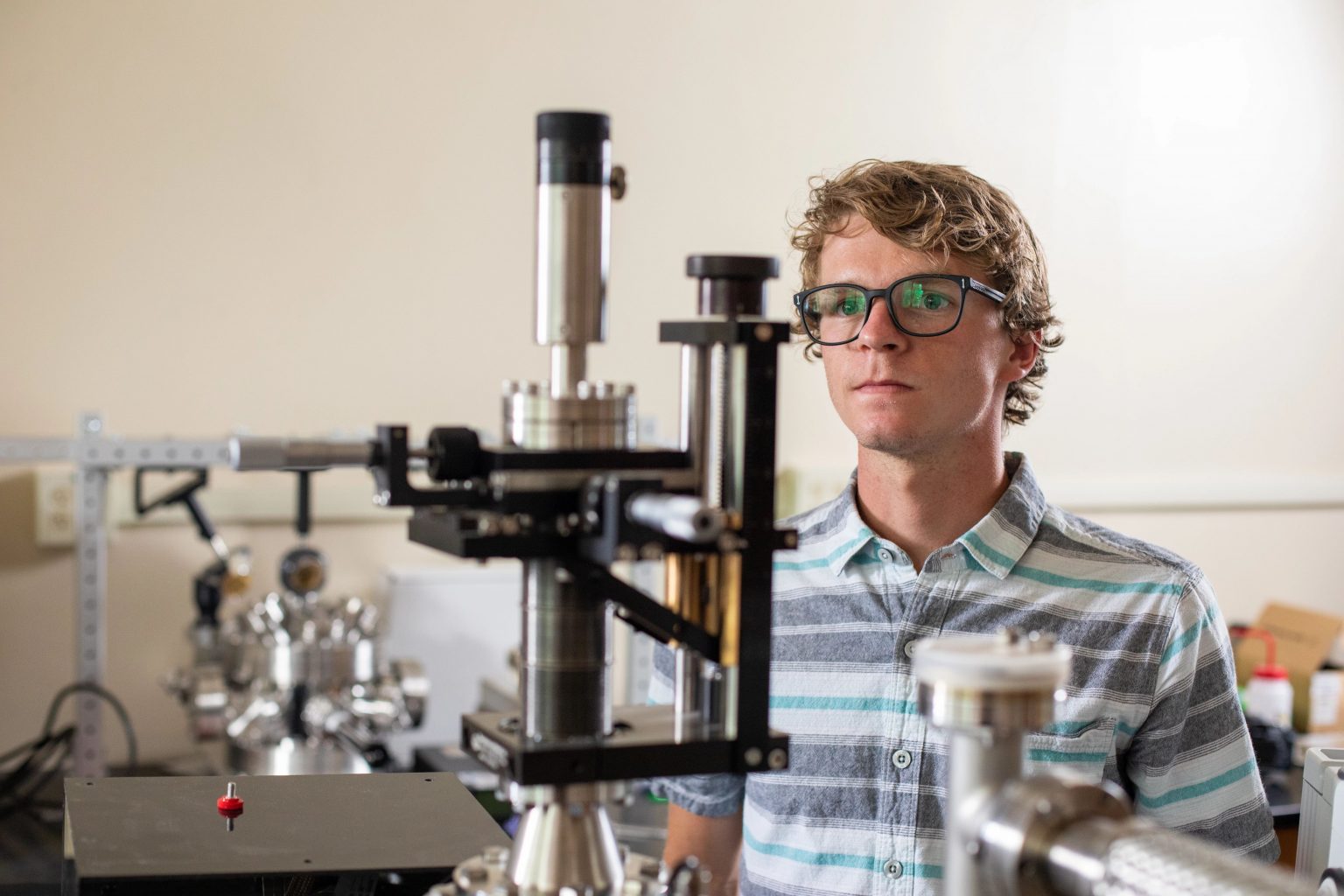“Citizen scientists perform a great service in identifying potential active asteroids in archival data, but to further study all of the active asteroids discovered in this project, we spent many nights observing them with ground-based telescopes to better understand their behavior,” said Chad Trujillo, NASA principal investigator and NAU department of astronomy and planetary sciences associate professor.
Asteroids
Asteroids, comets and meteors — oh my!

The ACM Conference is held every three years, and doing the math on that, the last iteration was—yep, you guessed it—canceled due to it being the height of the COVID-19 pandemic. Therefore, this year created a lot of excitement for those in the ACM community who had not attended this conference for six years and of course for those like me who would be able to attend,… Read more
Astronomers, computer scientists preparing to track rare asteroid behavior

Advancing science goes hand in hand with educating scientists of the future and engaging the public. David Trilling and Mike Gowanlock have hosted two astroinformatics bootcamps introducing students from diverse backgrounds to the data science behind astronomy, including writing and testing algorithms to measure the properties of asteroids. Now they’re building small robotic telescopes that will enable students at NAU,… Read more
NASA awards scientist $848,013 grant for ongoing study of potentially hazardous asteroids

Assistant professor Cristina Thomas of Northern Arizona University’s Department of Astronomy and Planetary Science, who started working on the project as a Ph.D. candidate at the Massachusetts Institute of Technology , has now taken the lead as the principal investigator, funded through a $848,013 grant from NASA for the next three years.
Read the full article here!
Athletics and asteroids

Cross-country runner and physics and mathematics double major Beau Prince studies the surfaces of asteroids—but his dreams don’t stop there.
Read the full article here!
How to Build a Spacecraft to Save the World
NAU planetary astronomer Cristina Thomas is quoted in this Wired article. Thomas is the leader of NASA’s Double Asteroid Redirection Team (DART) observation working group.
Wired Magazine: How to Build a Spacecraft to Save the World
